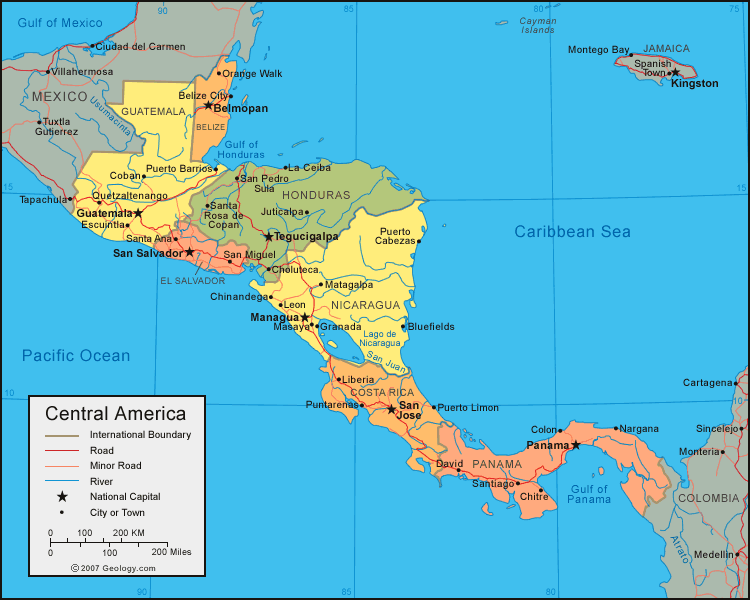 It’s almost like a reflex. Reuters leads off a July 20 dispatch on the Honduran constitutional crisis in this way (emphasis added):
It’s almost like a reflex. Reuters leads off a July 20 dispatch on the Honduran constitutional crisis in this way (emphasis added):Honduras' political foes are on a collision course after negotiations collapsed and deposed President Manuel Zelaya vowed to return home despite warnings from a defiant de facto government.People who read only the opening paragraphs of news articles will come away with a reinforcement of the oft-repeated – but false – claim that Zelaya was deposed by a military coup.
Zelaya says resistance is being organized in Honduras to pave the way for his return this weekend and that nobody can stop him. The interim government installed after the June 28 military coup has threatened to arrest Zelaya if he returns and crack down on any protesters who stir trouble.
Read a little further, and one will see that Reuters itself can’t decide whether or not the events of June 28 constituted a military coup.
In a section entitled “Unusual Coup”, we see laid out many of the facts demonstrating that the military, far from instigating Zelaya’s removal from power, was actually carrying out the constitutionally lawful order for his arrest:
Zelaya was expelled from the textile and coffee exporting country in his pajamas in the middle of the night. He had upset his political rivals by seeking to lift presidential term limits, and the army moved against him after the Supreme [Court] ordered his arrest.So, get this straight: The Honduran Supreme Court lawfully ordered Zelaya’s arrest, and the military lawfully carried out the arrest order. Honduras’ Congress (including Zelaya’s own political party) endorsed this lawful order.
[…] The Honduran coup is an unusual case. Unlike those that battered Latin America in the 1970s and 1980s, Zelaya's ouster was approved by the Supreme Court and Congress as well as Catholic Church leaders in the country. There is also no military strongman in the picture this time.
The only way that the military exceeded its authority was by exiling the president rather than merely taking him into custody. Even so, once the operation was completed, the military stood down. They have no influence over the interim president – from Zelaya’s political party, by the way – that Congress lawfully selected to take Zelaya’s place.
Despite the cognitive dissonance abundantly evident in this article, Reuters seems incapable of admitting that no coup – military or otherwise – took place in Honduras on June 28.
The article ends on an encouraging note:
The interim government, which has been denied around $200 million in multilateral aid and $16.5 million in U.S. military aid and is at risk of regional trade sanctions, insists it can and will stand up to the international pressure.Honduras knows that it has few if any friends in this crisis. For some reason, it seems like the whole world – governments and media alike – is determined to snuff out the liberty of this tiny republic. Good on the people and government of Honduras for refusing to refusing to buckle under the unbelievable pressure.
No comments:
Post a Comment